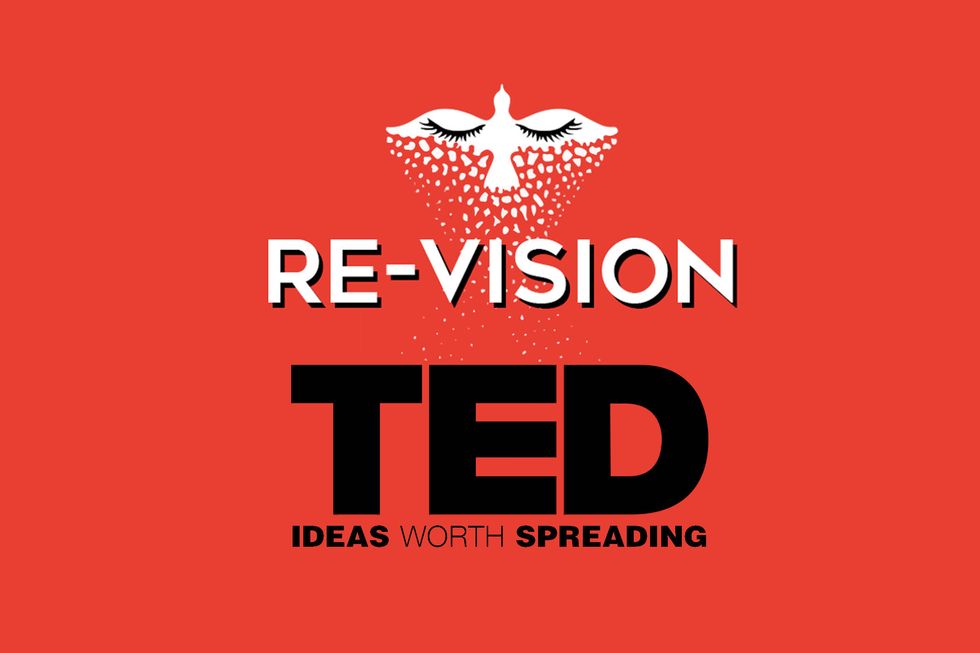The 8th annual TEDxNYU conference took place on Saturday, April 7. This year, the topic revolved around the direction in which we are moving as society and what possible solutions each of us can take in order to maximise common well-being in the future. From the very moment the presenter stepped on stage, the hall grew quiet in anticipation. As somebody who had previously been unfamiliar with TED Talks, I was skeptical. Until the first speaker opened his mouth.
The yoga and meditation teacher Sam Chase radiated such a powerful aura of confidence and positive energy that my doubts got swept away. He explained how the practice of mindfulness can solve conflicts bound to arise in high-stress environments, such as New You City, that nowadays ever-busy progressive societies inhabit. It turns out that the act of paying attention to the present moment and listening to what it has to say instead of judging beforehand can bring about great change.
“It makes us more open and available to the world around us.”, he said. Research on mindfulness and meditation suggests that those who engage in these practices who take up a practice like this have an increased sense of social connection and manifest less bias or discriminatory behaviors.
We also tend to be happier when we are paying attention to the present moment by contrast to when our mind is wandering. In the age technology, many strive on the flattering illusion that they excel in multitasking: talking on the phone while driving or texting a friend and working on a research project. Chase revealed, to the unanimous disappointment of his audience, that our attention is in fact ceaselessly skipping from one task to another without focusing on any of them. So, mindfulness seems to be what the doctor ordered.
The mindfulness teacher and neuroscience researcher Ayman Mukerj brought additional insight into the topic by elucidating the negative effects of stress on our body. When subjected to stress, our body reacts in the same manner as if we were under a threat. Along with stress-related hormone adrenaline, our body releases germ-killing cells cytokines. In the case of stress, however, they attack the healthy tissues of our gut, making holes in its protective wall.
Not only does constant stress exhaust our immune system but also leads to genetic modifications that help our body adapt to this condition. Remembering each time I procrastinated an important assignment on the pretext of being more productive under stress, I wondered if there was means to reverse the process. In Mukerj’s view, becoming mindful was the answer.
When overwhelmed with stress in the process of work, take a break and cease piling up worst case scenarios where you fail in college and end up unemployed, - she advised. “You could either continue to worry about the future while you work on the paper or you could work on the paper while being present. In each word, each sentence.” The better option is obvious, right?
The very last speaker Kennedy Gachiri mounted on stage with a saxophone in his hands. He acknowledged, however, that every time people found out he was an investment banker, he felt his credibility as a saxophonist “drop precipitously”. Having embarked on different careers by the time his son was born, he then decided to quit his prestigious job at an investment bank and meditate on the lessons life had given him.
He came to the conclusion that feeling fully integrated in one’s life has nothing to do with either being well-known, rich or having fancy degrees. — Here, you must have gasped in awe. — In fact, he had met many socially accomplished people but none of them really knew what they were doing with their lives.
One feels most fulfilled when their native creative expression, daily activities and the environment they revolve in resonate. So, figure out what you are good at and find an activity that would allow you to put those qualities into practice. And it doesn't matter if you don't have your life path figured out yet, while your friends have known what they wanted to do since the age of 12. Keep searching.



















